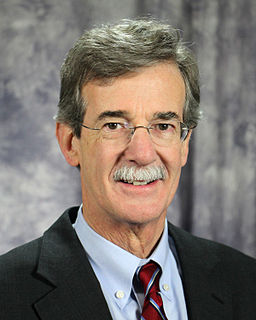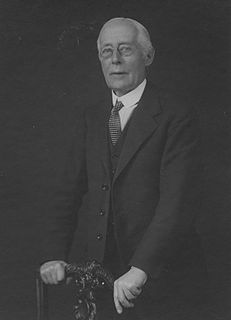A Quote by Brian E. Frosh
Because I don`t think it`s true. I don`t think corruption is endemic to the process in Annapolis at all. It`s the exception, not the rule.
Related Quotes
When you fight corruption, corruption strikes back and that is the truth because when you fight corruption, you get confidence and when it gets to impunity, then it gets aggressive and says, 'oh, so you think you are different? You think you are tough and different?' This is why some of us are almost permanently in the libel court.
I think that the Pulitzer Prize is definitely a blessing, but it's also a curse. Because I think that it is a blessing because the work gets more exposure, especially that particular play and then other works of yours too. And then it's a curse because people anticipate that you will write something like you've already written. I think it's really wrong because, you know, I think, as a writer, I'm in a process and I'm somewhere in that process, and I need to continue to develop.
I grew up in a household where there were really, really strong matriarchal characters. I think that's true of many Asian households. People tend to think of Asia as a misogynistic society or a society where men rule. At least in my experience, the women rule the household; the women rule the social scene. The men often become very useless.

































